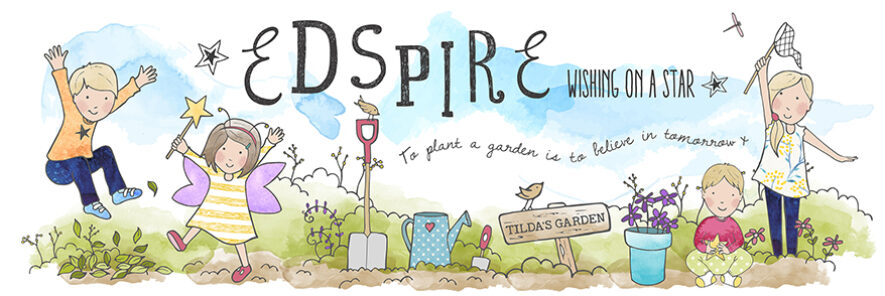Life at the moment is about getting ready
Getting ready to leave my job
Getting ready to hand over my class
Getting ready to go to Spain
Getting ready to extend and renovate our house
Getting ready to turn 40!
Getting ready for Tilda’s birthday
Life is about getting ready
As I get myself ready for all that my future holds
I am also thinking about my children
And the children I teach
And thinking about how they can get ready
Ready for what comes next in their lives
I teach a mixed Year 1 and 2 class
They all have assessments coming up
For which they, their parents and the school
Need to get ready
Children, schools and parents up and down the country
Face the same assessment season
My advice?
Be prepared!
For parents
The School Run is a great website that gives lots of information
And links to resources
Sign up to Twinkl
This resource website provides information, practice tests
Fun activities that encourage learning through play
Worksheets mapped to learning objectives
And so much more
The subscription is not cheap
But it gives fantastic value for money
How to help children
Reading
Read with your child everyday
Read to them from a wide range of books as well as hearing them read to you
Read fiction, non fiction and poetry
Read recipes, road signs and cereal boxes
Read everything you see and talk about what you read
Ask questions with yes / no answers
Ask questions with definite answers
Ask for opinions and thoughts

Writing
The writing tests focus on spelling, punctuation and grammar
The second will be a test requiring short answers, focussing on grammar, punctuation and vocabulary. This test will be taken in two parts, lasting approximately 10 minutes each with an optional break between. Finally, there will be a Spelling test of 20 words, which will take approximately 15 minutes.
More detail on the test frameworks is available from the DfE website:
https://www.gov.uk/government/collections/national-curriculum-assessments-test-frameworks
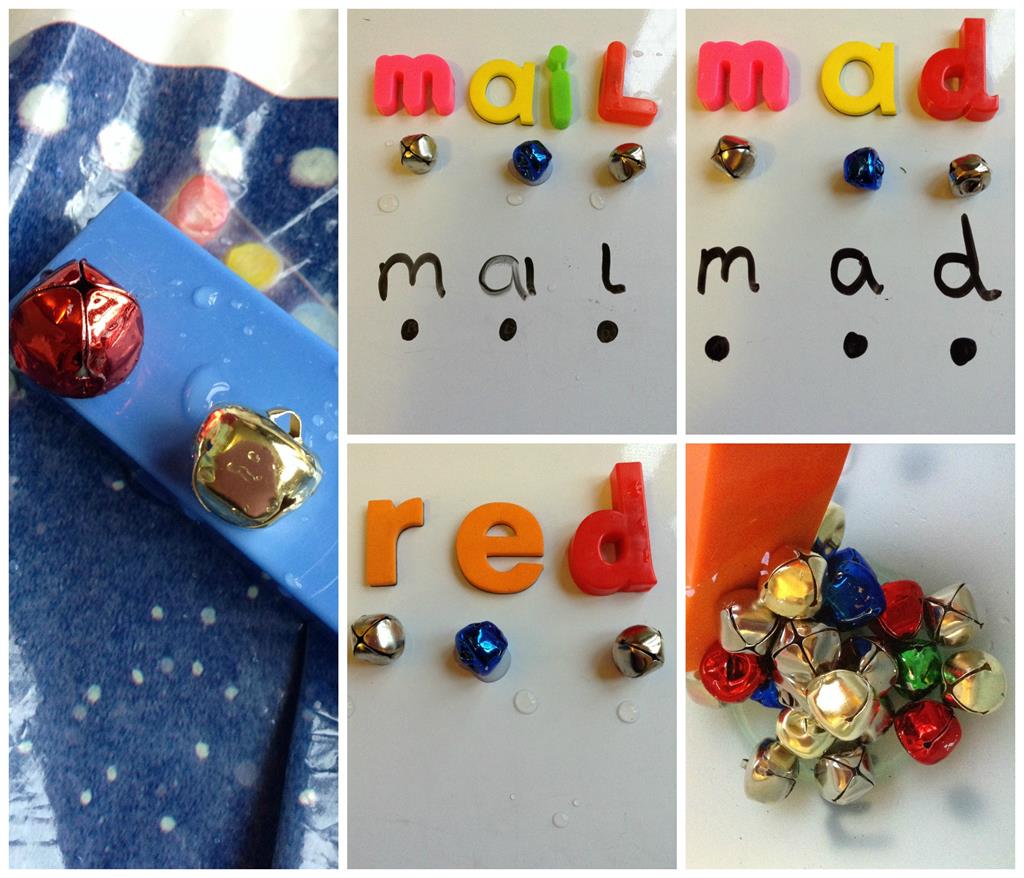
The expected standard is going to be a challenge for a great many children
But there are ways that parents can gently help
Reading, reading and more reading
Practising any spelling lists sent home from school
There are lots of fun ways to make spelling practice fun
Revise high frequency and common exception words
Read them and write them
Have fun with words
Get practical and physically explore punctuation and grammar
Write letters and postcards to family and friends
Write a weekend diary
Write captions for a photograph album
Shopping lists
Write in sand, with sparkly pens on pretty paper
Blackboards, whiteboards, garden paths
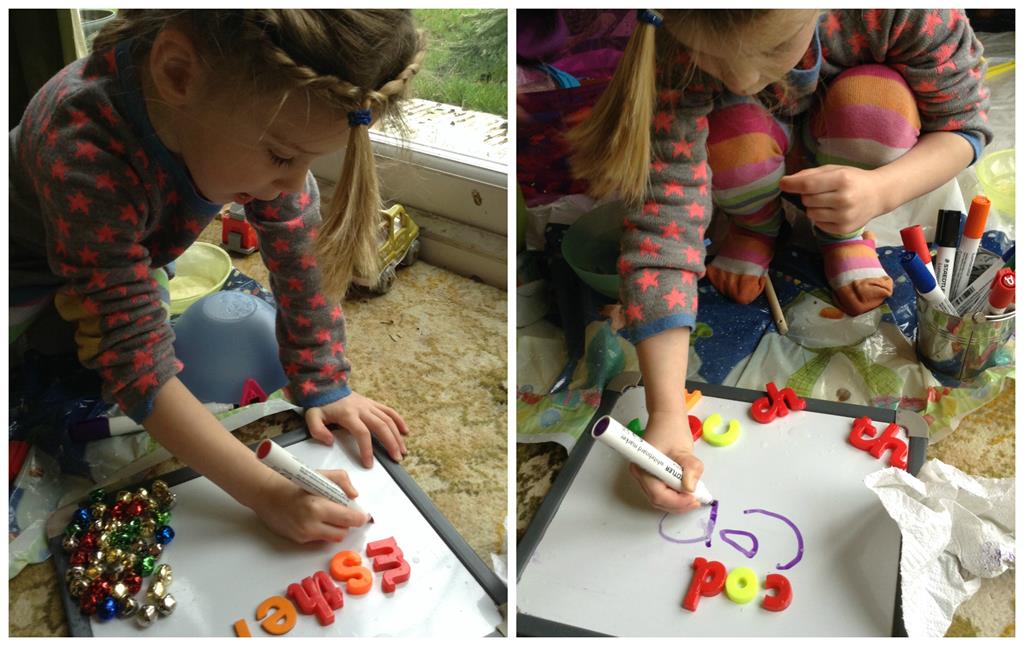
If you want help for your child
But do not think you can provide the resources and ideas for yourself
You could consider employing a short term tutor
Companies such as Fleet Tutors
Have qualified, experienced, caring teachers
Waiting to help families just like yours
Who want to give their child a little extra help
But do not know how
I tutored Year 2 children for several years
When I first started teaching
And it was a job that I loved
It was this that started my love of learning through play
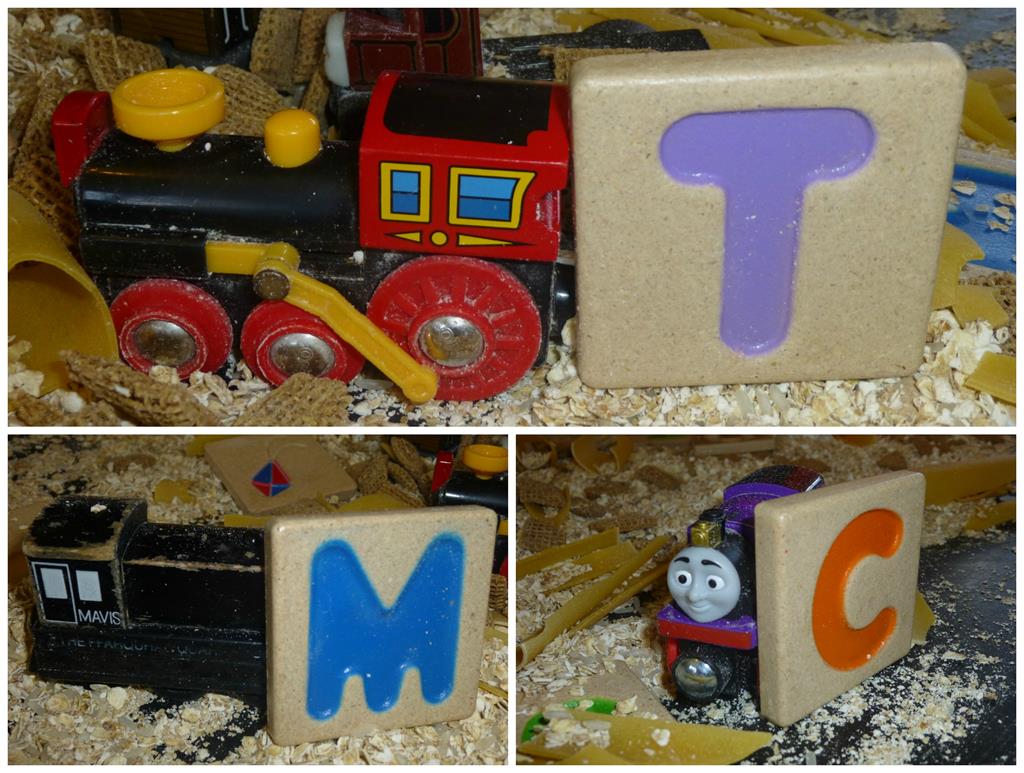
If you want to help yourself
Then this is how you can
Maths
Play board games
Go on number hunts when you are out about
Spot odd and even
Pairs that make 10
Times tables
Practise sharing with sweets and cakes
When setting tables and serving tea
Teach your child to tell the time
All of these concepts and skills
Will help
Getting ready does not have to be sitting down
Writing down
It does not have to be hard or boring
You can help your child get ready
And at the same time have lots of fun
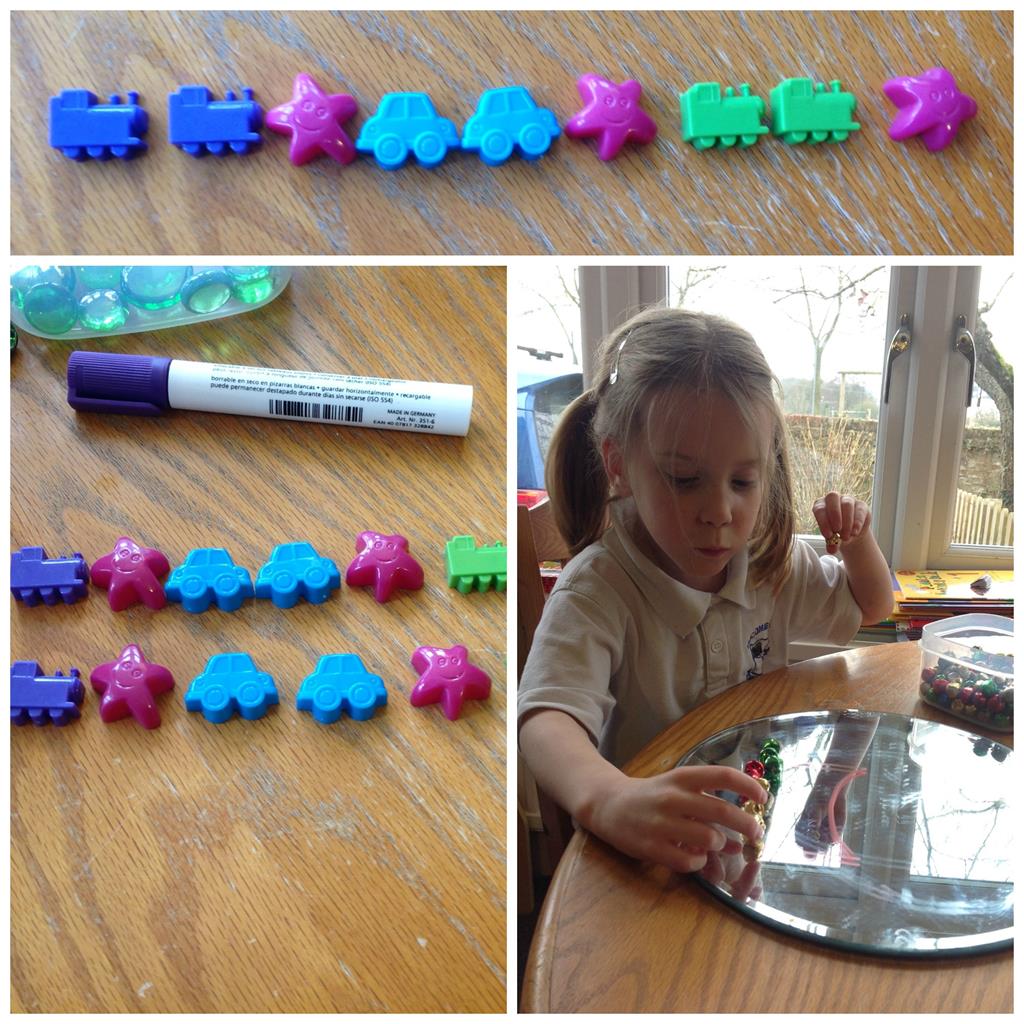
I am not really an advocate of homework for little people
In the form of sheets sent from school
But exploratory learning through play
With guidance from a tutor or school
I think that is an important part of getting ready
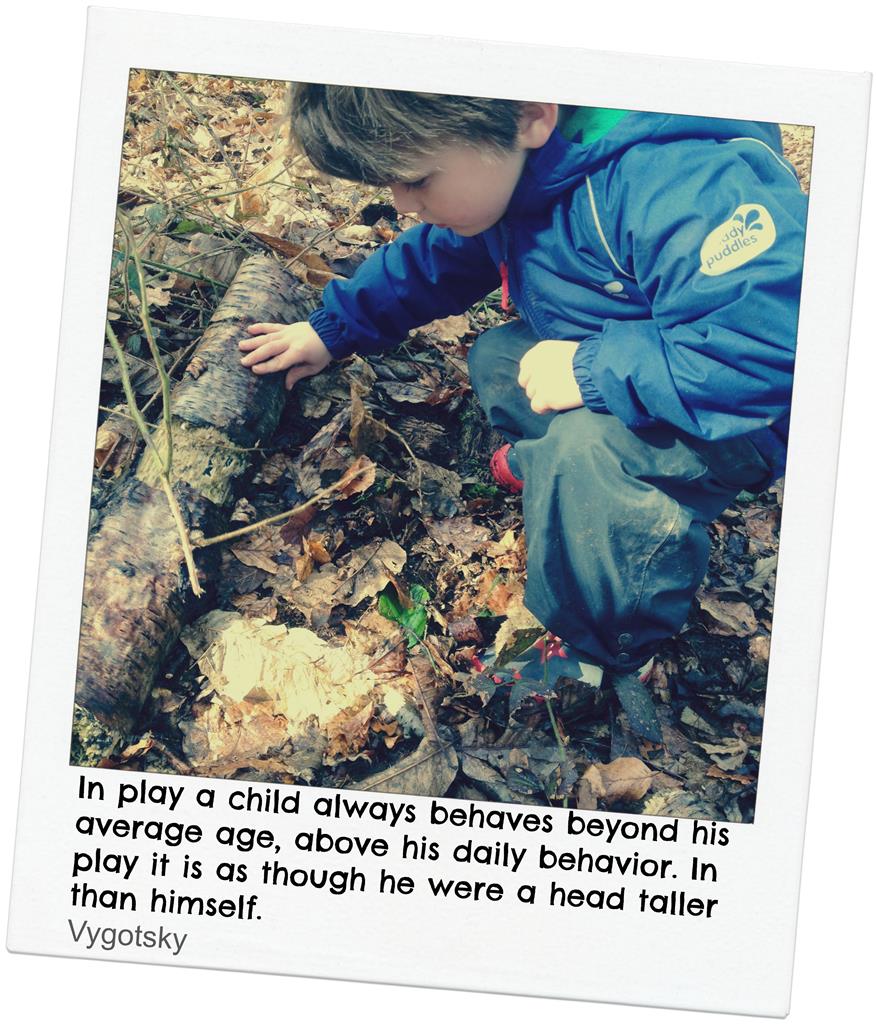
This is a collaborative post
